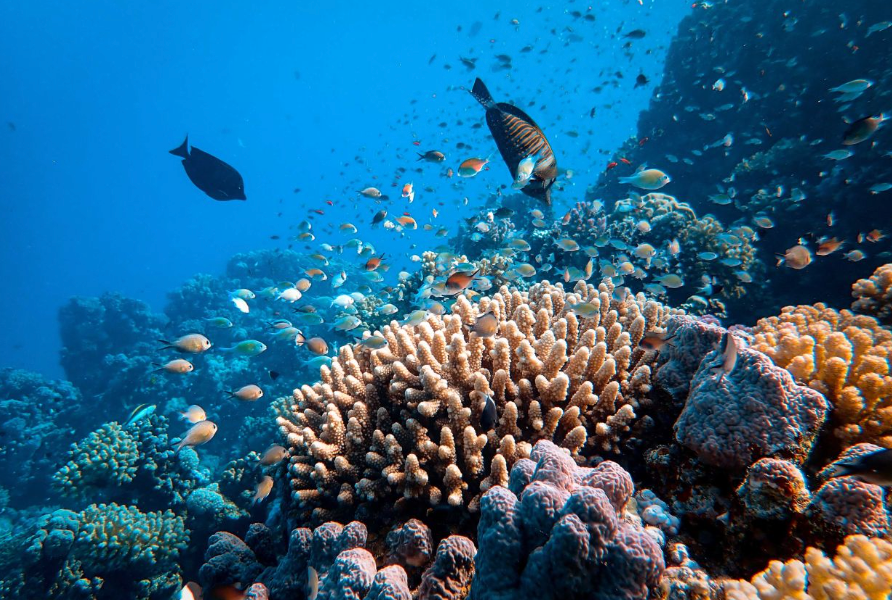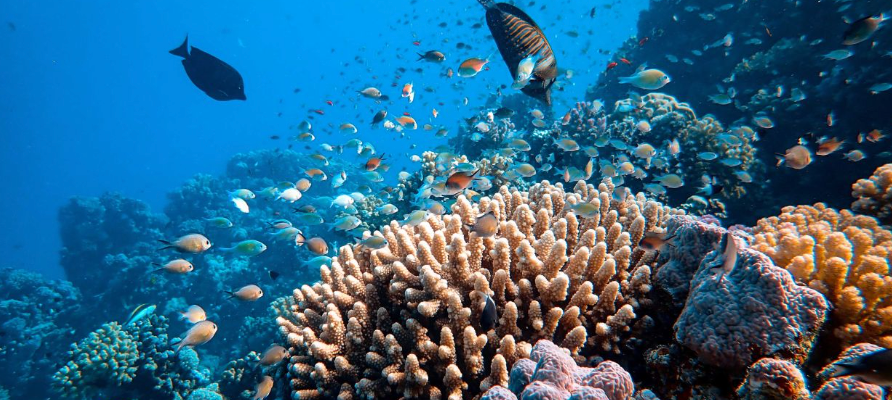Coral reefs are vivid underwater habitats bursting with life. Beyond their environmental importance, these complex constructions are rather important for sustaining human economies, especially with relation to employment and tourism. Driven by pollution, climate change, and unsustainable behaviors, their degradation and disappearance seriously threaten coastal towns and national economies all around. Coral reefs directly support a complex web of life that directly translates into significant economic advantages, so their disappearance is a major issue for businesses depending on clean marine conditions. Resources such as https://coralvita.co/coral-cafe/economic-impact-of-coral-reef-loss/ offer deeper insights into these effects.
Reduced Tourism Revenue and Attraction
Primary drivers of marine tourism are coral reefs’ visual appeal and ecological diversity. Popular pursuits drawing millions of visitors to reef-rich locations worldwide are snorkeling, diving, glass-bottom boat trips, and underwater photography. Unique and lasting experiences are created by the vivid hues of coral, the captivating assortment of fish, and the pure awe of these underwater settings. Reefs lose their visual appeal and their variety of marine life declines as they deteriorate. This loss of appeal directly results in less travel to and expenditure on attractions. The health of their coral reef ecosystems directly determines the long-term viability of many coastal communities. Further exploration of the particular economic effects can be found at https://coralvita.co/coral-cafe/economic-impact-of-coral-reef-loss/.

Job Losses in Coastal Communities
Dependent mostly on coral reefs, the travel sector offers millions of people worldwide a major source of employment. From dive instructors and boat captains to hotel staff, chefs, and souvenir sellers, a wide range of jobs—directly and indirectly—are supported by healthy reef environments. These occupations are threatened when coral reefs deteriorate and travel declines. Hotel managers may have to make the tough choice of staff layoffs; dive stores may cut back on staff; boat operators may curtail trips.
Increased Coastal Protection Costs
Acting as natural breakers, coral reefs guard coasts from erosion, storm surges, and rising sea levels. Their complex designs release wave energy, therefore protecting infrastructure, beaches, and human communities. This natural protection is lost as reefs deteriorate and vanish, hence increasing coastal vulnerability to oceanic destructive power. This increased vulnerability calls for large expenditures on artificial coastal defenses such as seawalls, breakwaters, and beach replenishment projects.
A complicated and urgent problem with broad effects is the economic impact of coral reef loss on world tourism and employment. Reduced tourism income, job losses in coastal towns, and higher coastal protection expenditures follow from the collapse of these important ecosystems. Coral reefs are the clearest example of the interdependence of ecological health and financial success. Not only is it an environmental but also an economic need to preserve and restore these priceless natural resources.































